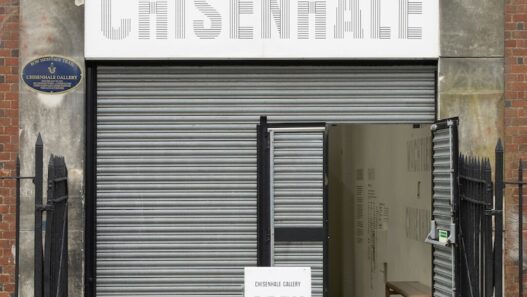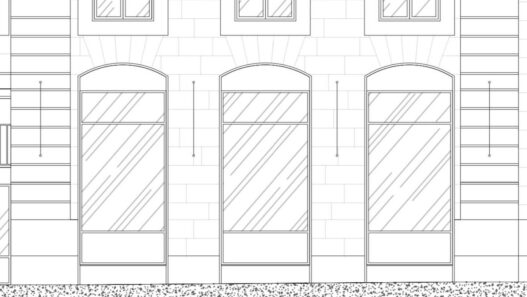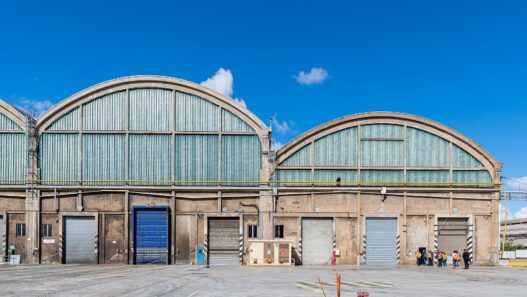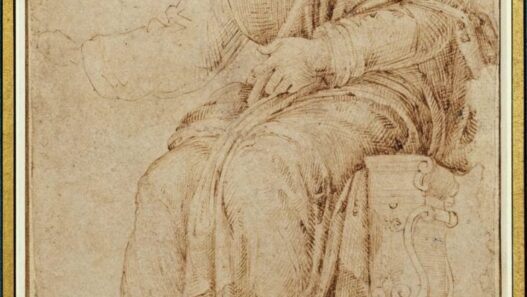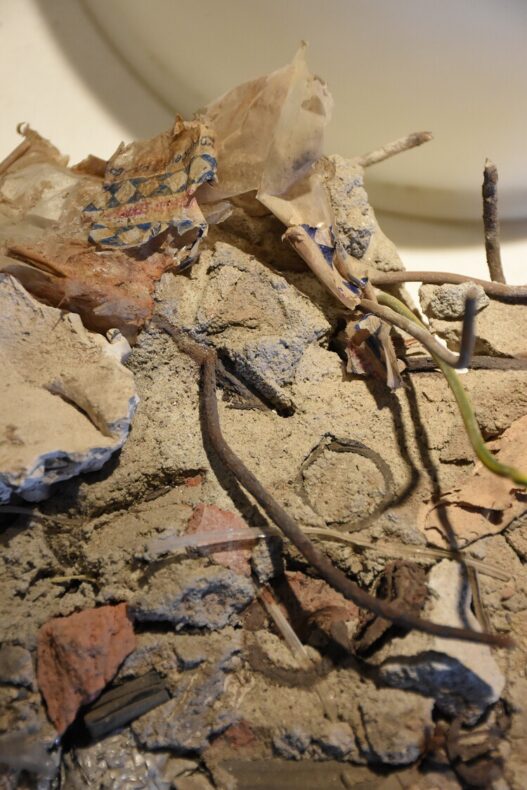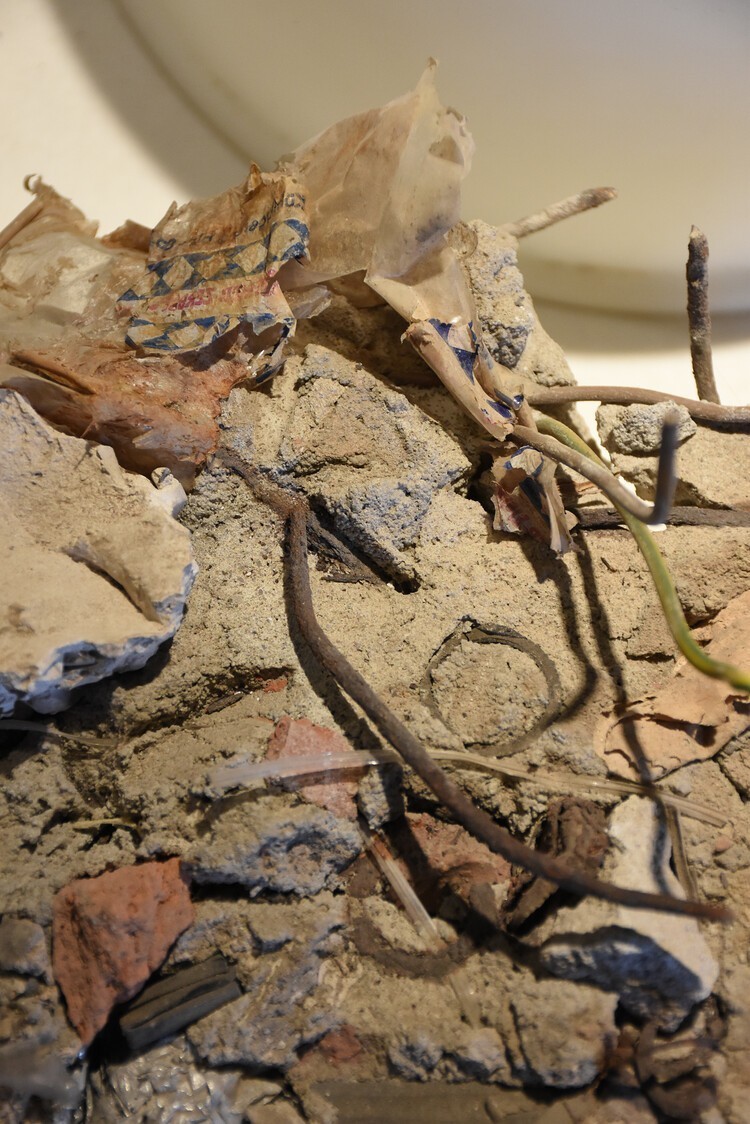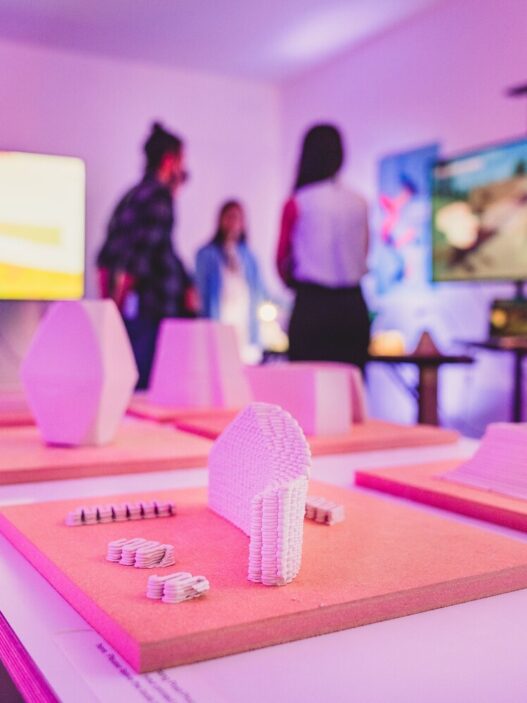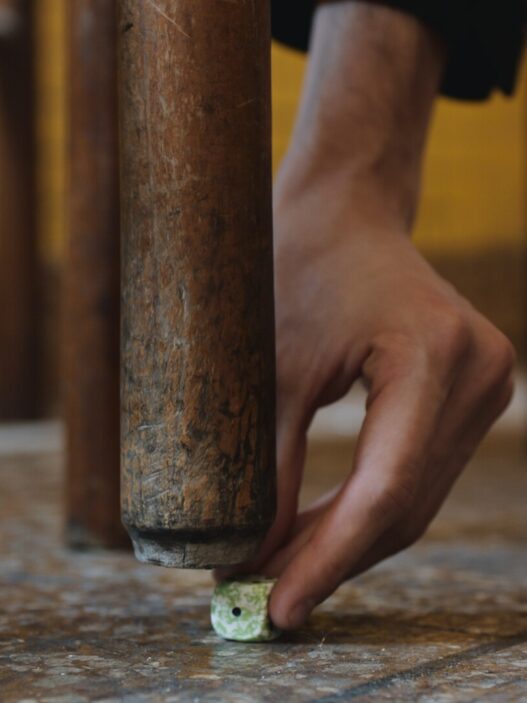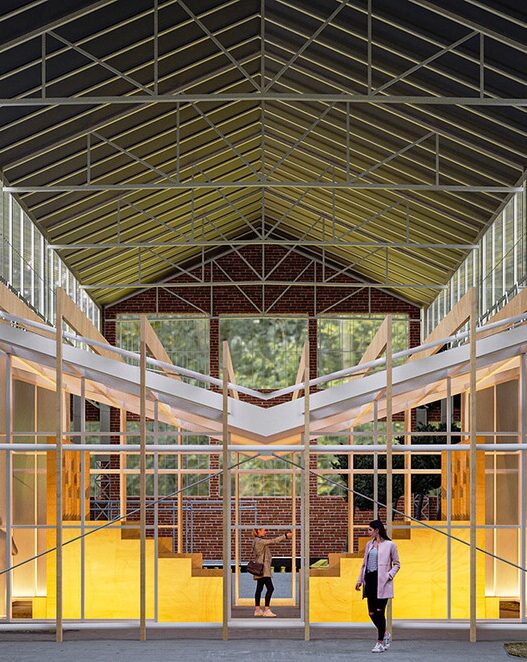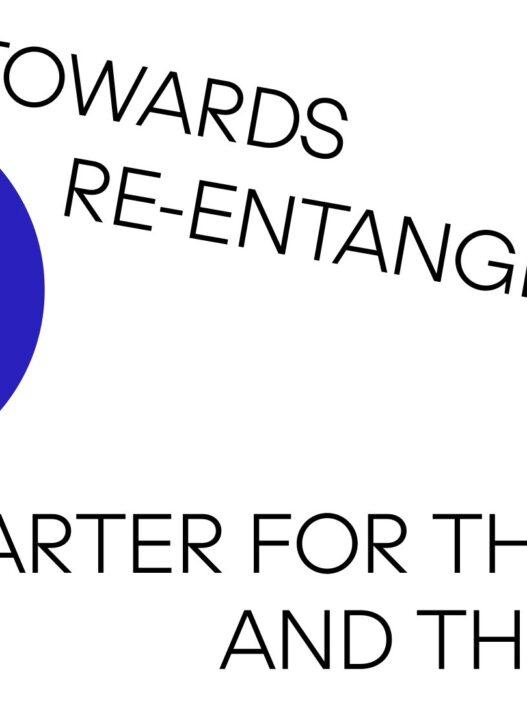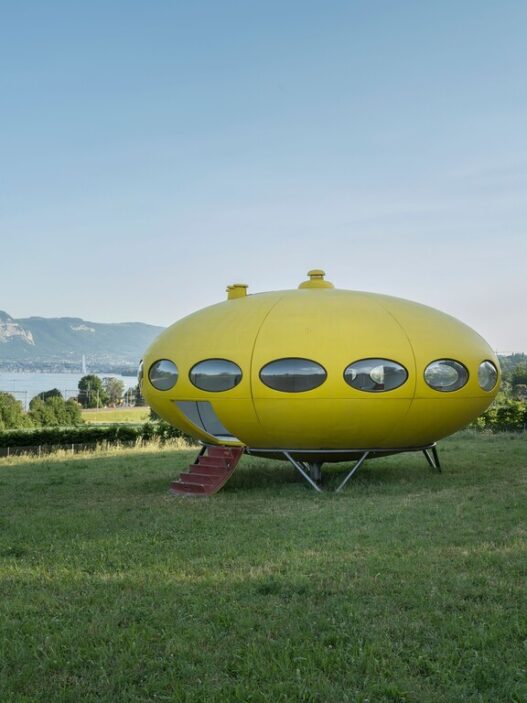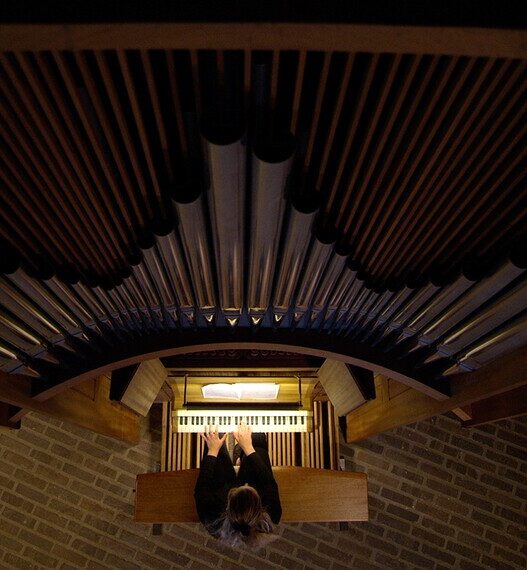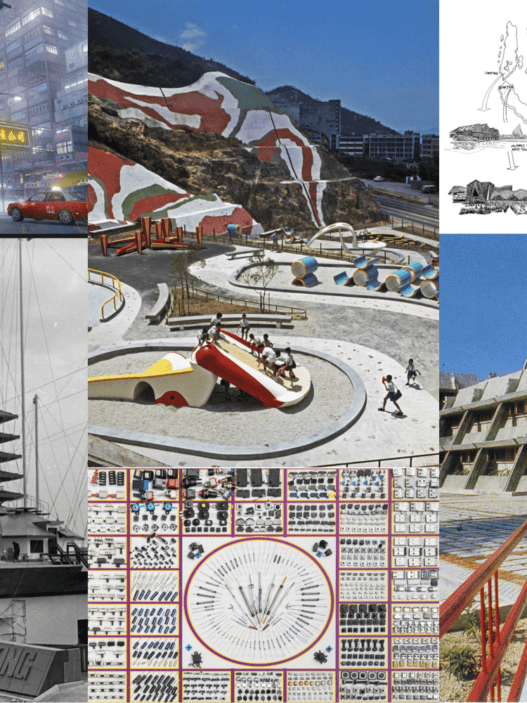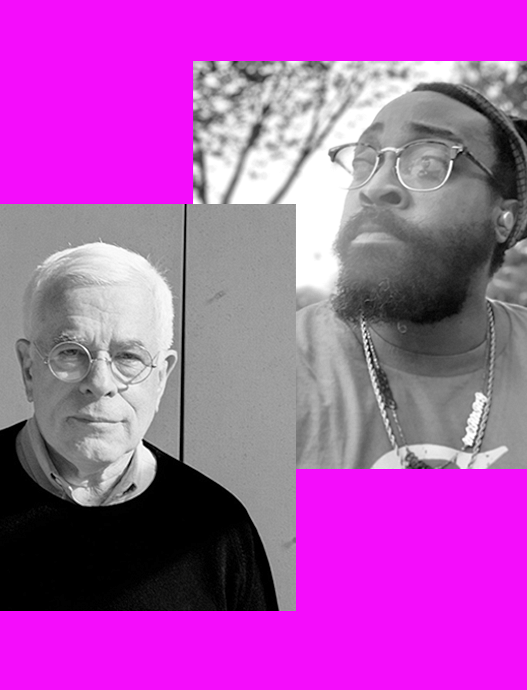Bauhaus Study Rooms 2022: Engaging with Dirt
A hybrid learning event on site and broadcast online
June 17, 2022, 11am
In the context of the 2022 annual theme “Hygiene” of the Bauhaus Dessau Foundation, the Bauhaus Study Rooms “Engaging with Dirt” discuss different positions addressing knowledges of hybridization between “dirt,” “cleanliness” and “purity” in design research. In doing so, they aim to critically question a unifying idea inherent in modernist design and to give plurality a platform. The two-day mini-festival in cooperation with Anhalt University of Applied Sciences, the Bachelor Design studio platform HTC (History | Theory | Criticism) of the Institute for Art and Architecture of Academy of Fine Arts Vienna and the Master Open Design, that is jointly organized by the Humboldt University and the Universidad de Buenos Aires, with the cooperation from the Cluster of Excellence Maters of Activity approaches the topic from different disciplines and perspectives. In preparatory workshops the international students of the two involved Master degree programmes Coop Design Research and Open Design will take their diverse cultural and disciplinary approaches as the starting point for multidisciplinary explorations of current modes of knowledge, practices and discourses of cleaning and filtering: topics such as the science of dirt, filtering in and out humans, antiseptic scepticism etc. will be the subject of experimental exercises and expert discussions. The result of which are going to be presented in the Bauhaus Building on June 17th. The focus in Dessau is on research perspectives that address the materialization of hygiene evoking a paradigm shift in the perception of design. The participating partners as well as invited moderators, contributors and visitors discuss changing attitudes towards and in design in relation to pluriversal and transitional narratives that distance themselves from the notion of a “clean” design for a structuring order. The materiality of the Bauhaus Building as an embodiment of the modernist design paradigm of purification forms the framework of a critical exploration.
The event will be conducted on-site at the Bauhaus Dessau Building and as a Zoom webinar. To register, use the RSVP button above or click here. For a detailed schedule and more information, see bauhaus-dessau.de or send an e-mail to [email protected]
With contributions by Mya Berger, Michaela Büsse, Lili Carr, Laya Chirravuru, Charlie-Anne Côté, Adam Drazin, Maya Errázuriz, Anastasiia Fomina, Aída Herrera Peña, Lucia Pietrouisti, Elisabetta Rattalino, Ottonie von Roeder, Nancy Dayanne Valladares, students of the Master Open Design, students of the the MSc. programme COOP Design Research, students of the Bachelor Design studio platform HTC (History | Theory | Criticism) of the Institute for Art and Architecture of Academy of Fine Arts Vienna, and many others.
Study Rooms
The Bauhaus Study Rooms were conceived in 2020 as an opportunity to intensively engage with the annual theme of the Foundation, and to consider it from the perspective of the three different educational programmes (Coop Design Research MSc programme, Bauhaus Lab research programme, and the Bauhaus Open Studios teaching residency) of the Bauhaus Dessau Foundation. By inviting alumnx from each programme and international guests, the Foundation aims to create a hybrid temporary learning space, which allows to explore and experience the conditions of collective knowledge production.
Hygiene: annual theme of the Bauhaus Dessau Foundation 2022
Hygiene is one of the central dispositifs of modernism. The Bauhaus buildings’ environments, reduced to functionalism, exemplify how cleanliness was a fundamental value for design influenced by the Bauhaus school. A new material culture coated the buildings, rooms and furnishings with smooth and clean surfaces made of industrially produced materials. However, due to electric lighting everything hidden and dusty became only more visible. “Cleanliness” was thereby considered materially but also socially and morally a quality to strive for. In this respect, the Bauhaus was one of the culturally influential institutions that promoted and enforced a certain kind of Western understanding of cleaning, dirt avoidance and order linked to design.
Another perspective of modernity linked to purity becomes apparent in, for example, anthropologist Mary Douglas’ phrase “dirt is a matter out of place” (1966) summarizing cultural constructions and thought patterns inherent in modern narratives that, supported by knowledge regimes and power structures, produce and perpetuate notions of order, including “right” and “wrong” places for things and people. In racism and xenophobia, these structures of thought and action continue into the present. Yet the implicit purifying and homogenizing patterns at work here have long been subject to criticism. Bruno Latour speaks of the modern epistemology of “purification” that has created two completely separate “ontological zones, that of humans on the one hand, that of nonhuman beings on the other” (2008). The destruction of indigenous knowledge and cultural systems, which are based on hybrid interweavings between nature and culture, that was promoted in the course of colonialism, was part of the paradigm of purification.
The Bauhaus Dessau Foundation is a non-profit foundation under public law.
Gropiusallee 38
06846 Dessau-Roßlau
Germany
Hours: Monday–Sunday 10am–5pm
T +49 340 6508250
[email protected]


